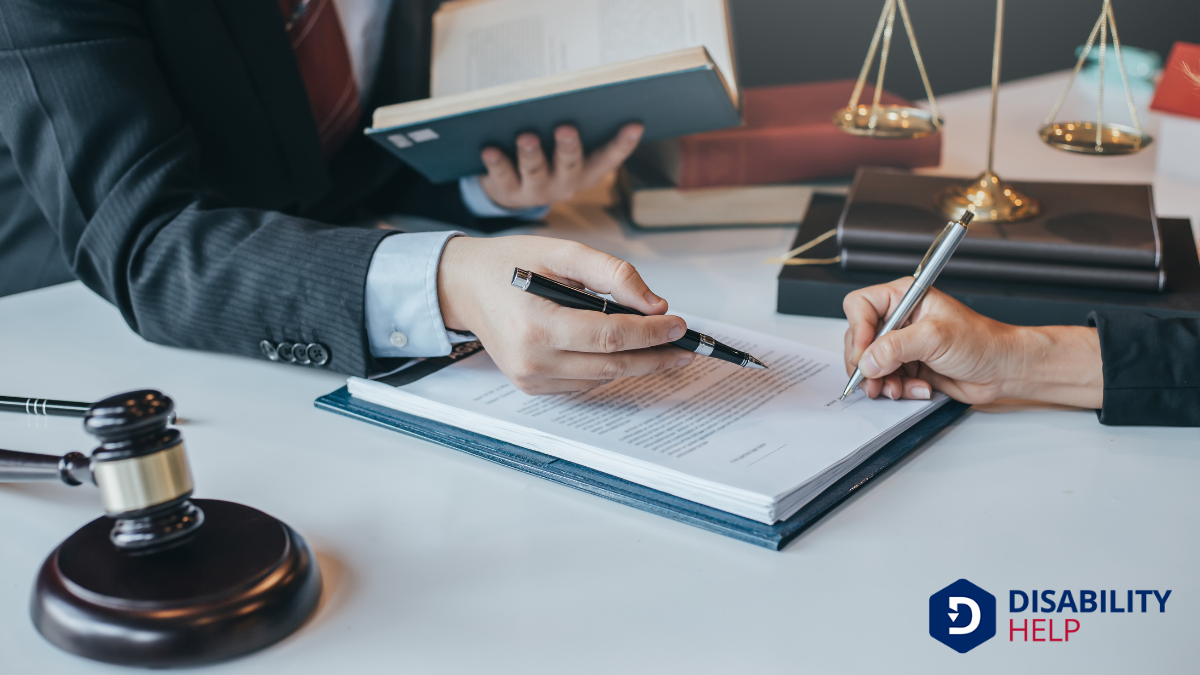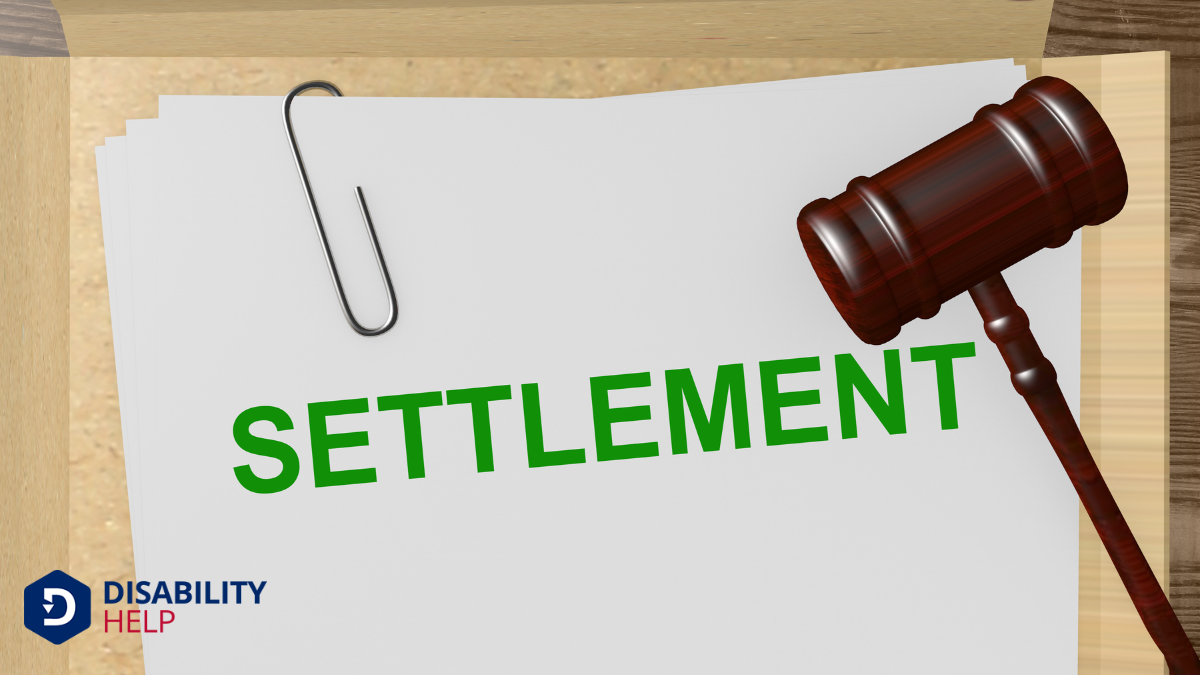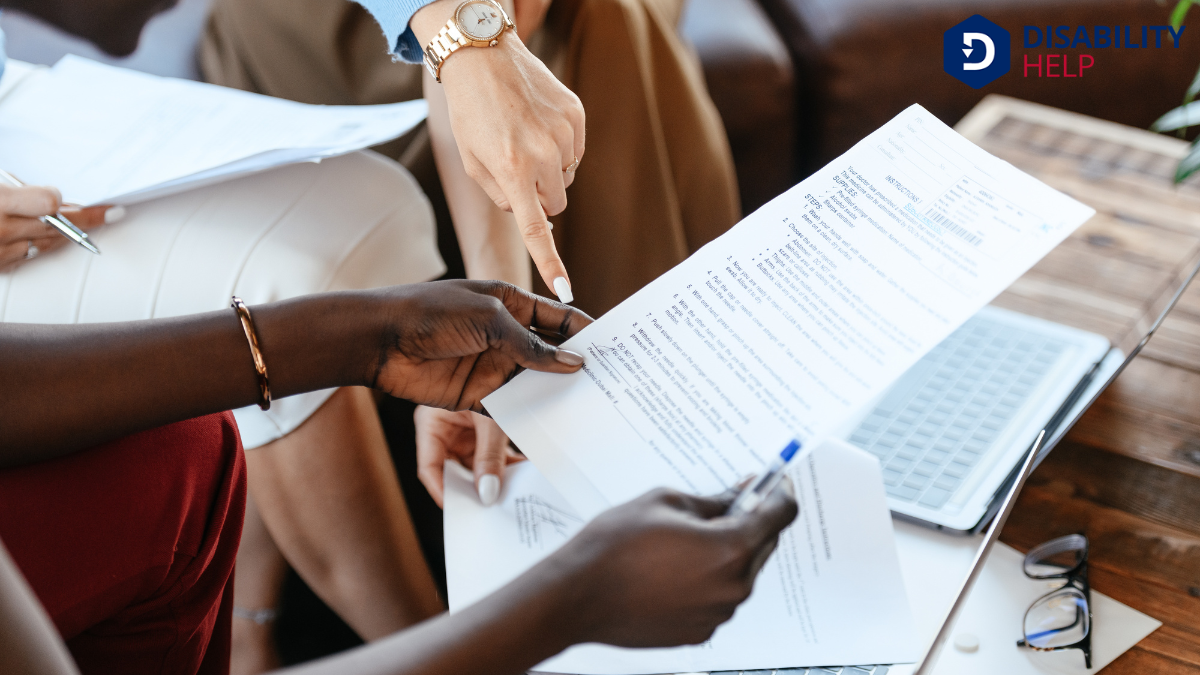When it comes to personal injury cases, we often find ourselves wondering at what point they typically settle. Most cases don’t actually make it to trial, as parties aim to avoid the lengthy and costly process of litigation. Settlements can occur at various stages, from initial negotiations to just before trial. So, what factors ultimately drive these decisions, and how do parties navigate the complex landscape of negotiations? Let's explore further.
Key Takeaways
- Many personal injury cases settle during the initial negotiations to save time and reduce expenses.
- Pre-litigation settlements occur before filing a lawsuit, offering a chance for early resolution.
- Discovery phase settlements arise as parties assess case strengths and weaknesses more clearly.
- Mediation frequently leads to settlements by providing a structured, confidential discussion environment.
- Last-minute settlements happen before trial to avoid costs and uncertainties associated with court proceedings.
Understanding Initial Negotiations
In the early stages of a personal injury case, understanding initial negotiations is essential for both parties to reach a fair settlement.
We begin by gathering all necessary information, including medical records and any evidence related to the incident. This helps us establish the case's value and formulate a negotiation strategy.
Engaging in open communication with the opposing party is important. We aim to present a clear, compelling argument that highlights the strengths of our position. By doing so, we encourage the other party to reflect on a fair offer.
Patience and persistence are critical, as negotiations may require several rounds of back-and-forth discussions. By focusing on the facts and maintaining a cooperative attitude, we increase the likelihood of a successful outcome.
The Role of Pre-Litigation Settlements

Let's explore how pre-litigation settlements can benefit all parties involved in a personal injury case.
By negotiating before filing a lawsuit, we can often reach an agreement that saves time and reduces legal expenses.
Early dispute resolution not only minimizes stress but also helps maintain control over the outcome.
Negotiation Before Filing
Before plunging into the courtroom, negotiating a settlement can be a strategic move that benefits all parties involved. We often find that resolving disputes early saves time, money, and stress.
By engaging in pre-litigation settlements, we can maintain more control over the outcome compared to the unpredictability of a trial.
When we enter negotiations, we aim to understand the other party’s perspective and interests, which can lead to more creative solutions that meet everyone’s needs. This approach allows us to address issues directly and potentially preserve relationships.
We should gather and present all relevant information clearly, strengthening our position.
Ultimately, reaching an agreement before filing can be a win-win, allowing us to move forward without the burden of prolonged litigation.
Early Dispute Resolution
While disputes are inevitable, resolving them early through pre-litigation settlements can be incredibly advantageous. By opting for early dispute resolution, we often save ourselves time, money, and emotional strain.
When both parties agree to settle before a lawsuit is filed, we can avoid the complexities and uncertainties that accompany court proceedings.
In pre-litigation, we maintain more control over the outcome, as we engage directly in negotiations without a judge or jury. This approach allows us to reach a mutually satisfying agreement tailored to our specific needs.
Additionally, early settlements often foster better relationships between parties, as they encourage open communication and cooperation.
It’s important to remember that resolving disputes early can lead to quicker recovery and less stress for everyone involved.
Discovery Phase Settlements
During the discovery phase of personal injury cases, parties often find opportunities to settle disputes before proceeding to trial. This phase involves exchanging essential information, such as documents, witness lists, and expert reports.
As we gather evidence and better understand each other's positions, we can assess the strengths and weaknesses of our cases. It's a pivotal moment where we might realize that a settlement could be more beneficial than risking an unpredictable trial outcome.
Negotiations often intensify during this stage, as both sides have a clearer picture of the case's potential value. We aim to reach a fair agreement that satisfies both parties while saving time, costs, and emotional strain of a courtroom battle.
Settling here can lead to more controlled, mutually acceptable resolutions.
Mediation and Its Impact on Settlements
As personal injury cases progress, mediation emerges as a powerful tool in facilitating settlements. It provides a structured environment where both parties can discuss their positions with the help of a neutral mediator.
We find mediation beneficial for several reasons:
- Confidentiality: Discussions remain private, allowing open dialogue.
- Control: Both parties maintain control over the outcome, unlike a court decision.
- Cost-effective: It often reduces legal expenses and court fees.
- Time-saving: Mediation can resolve disputes faster than a trial.
- Relationship preservation: Encourages cooperative solutions, preserving relationships.
Mediation can be a turning point, helping us reach settlements without the unpredictability of a courtroom.
While it’s not a guaranteed solution, it offers a constructive path to resolving disputes amicably and efficiently.
Settlement Conferences: A Common Resolution Point

Let's explore how settlement conferences can serve as a vital point in resolving personal injury cases.
We often find that the timing of these conferences plays an essential role in bringing both parties to the table when they're most ready to negotiate.
Additionally, mediators can greatly influence the outcome by guiding discussions and helping us reach a fair settlement.
Timing of Settlement Conferences
Settlement conferences often serve as a pivotal moment in resolving personal injury cases. They typically occur at strategic points in the litigation process.
Timing can greatly impact the outcome, so let's explore when these conferences might happen:
- Before trial: Parties often aim to settle cases early to avoid the costs and uncertainties of trial.
- Post-discovery: After gathering necessary evidence, both sides can better assess their positions.
- Court-mandated deadlines: Courts may set specific dates for settlement discussions to encourage resolution.
- Pre-trial conferences: Judges might schedule these to streamline cases and promote settlement.
- When new evidence arises: Notable developments can prompt reevaluation and settlement efforts.
We should always be attentive to these timings to maximize settlement potential in personal injury cases.
Role of Mediators
Although the complexities of personal injury cases can be challenging, mediators play an essential role in guiding settlement conferences towards resolution. They act as neutral facilitators, helping both parties communicate effectively. By encouraging open dialogue, mediators help us understand each side’s perspective, which can lead to a fair settlement.
In these conferences, mediators don't make decisions but provide a structured environment where we can explore options. They identify common ground and suggest creative solutions, making it easier for us to resolve conflicts. Their expertise in negotiation helps break deadlocks and fosters cooperation.
Ultimately, mediators increase the likelihood of reaching a settlement by ensuring that each party feels heard and understood. Their objective approach is invaluable in moving us towards a mutually agreeable outcome.
Last-Minute Settlements Before Trial
Despite the preparation and anticipation of going to trial, many personal injury cases resolve through last-minute settlements. It's understood that it can be surprising, but this often happens as both parties reassess their positions.
Settling right before trial offers several advantages:
- Cost Savings: Trials can be expensive, and settling avoids additional legal fees.
- Time Efficiency: A trial can drag on for weeks or even months.
- Predictability: Outcomes at trial are uncertain; settlements provide a guaranteed resolution.
- Privacy: Settlements often remain confidential, unlike public court proceedings.
- Emotional Relief: Reduces the stress and anxiety associated with a trial.
Understanding these benefits can clarify why last-minute settlements are common. These factors should be considered when deciding if settling is the right choice for us.
Factors Influencing Settlement Decisions
As we explore the nuances of personal injury cases, it becomes evident that various factors can influence settlement decisions.
First, the parties involved often consider the potential costs of going to trial, including legal fees and time. Weighing these against a settlement offer can sway decisions.
Another critical factor is the perceived risk of losing at trial. If the outcome seems uncertain, parties might lean towards settling to avoid unpredictable jury verdicts.
Additionally, the emotional toll of prolonged litigation can push individuals toward a quicker resolution.
Insurance policy limits also play a significant role; settlements often reflect these constraints.
Finally, the relationship between the parties can affect decisions. If they prefer privacy, settling may offer a more discreet resolution.
The Importance of Evidence Strength

When it comes to personal injury cases, the strength of evidence is pivotal in influencing settlement outcomes. We can't stress enough how essential it's to gather robust evidence.
Strong evidence often nudges parties toward settlement by clarifying the case's merits. Here's what we should focus on:
- Medical Records: These provide details of the injuries and treatments.
- Witness Statements: Firsthand accounts can corroborate the incident.
- Photographic Evidence: Images of injuries or accident scenes are compelling.
- Expert Testimonies: Specialists can offer insights into the impact of injuries.
- Accident Reports: Police or official reports lend credibility.
The better our evidence, the stronger our negotiating position.
Weighing the Risks and Rewards of Trial
Choosing to go to trial in a personal injury case involves both risks and rewards that we must carefully consider. Trials can offer the potential for a higher settlement than pre-trial negotiations, especially if we've a strong case and compelling evidence.
However, they come with uncertainty. We might face unpredictable jury decisions or unfavorable outcomes, which could result in lower compensation or even no compensation at all.
Moreover, trials can be lengthy and costly. Legal fees and time commitments may outweigh potential benefits if the verdict isn't in our favor.
It's essential to weigh these risks against the possible rewards. Consulting with legal experts helps us understand our case's strengths and weaknesses, aiding in making informed decisions about proceeding to trial.
Strategies for Achieving a Favorable Settlement
While trials pose significant risks and uncertainties, pursuing a favorable settlement often proves to be a more strategic path in personal injury cases.
To achieve this, we must adopt effective strategies that align with our goals. Here's what we can do:
- Thoroughly Investigate: Gather all relevant evidence and documentation to strengthen our position.
- Understand the Opponent: Know their priorities and weaknesses, allowing us to negotiate more effectively.
- Set a Realistic Goal: Determine an acceptable settlement range based on our case's specifics and potential outcomes.
- Communicate Clearly: Present our demands and rationale in a concise, persuasive manner.
- Remain Patient: Timing can be essential; sometimes, waiting for the right moment can lead to better offers.
Conclusion
In managing personal injury cases, we've found that settlements often hinge on timing and strategy. By collaborating during initial negotiations and leveraging the discovery phase, we can assess our case strengths and push for favorable outcomes. Mediation and settlement conferences often become pivotal moments where we can avoid the unpredictability of trial. Ultimately, our focus remains on weighing risks and evidence, ensuring we're making informed decisions to secure the best possible resolution for our clients.






